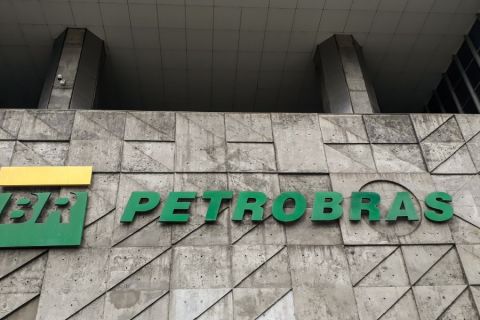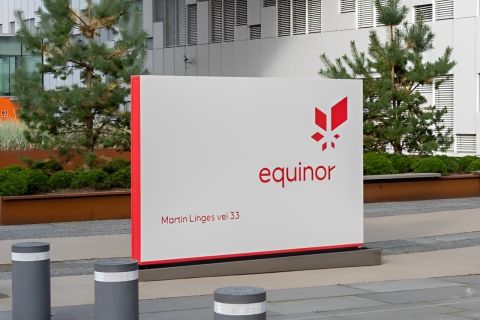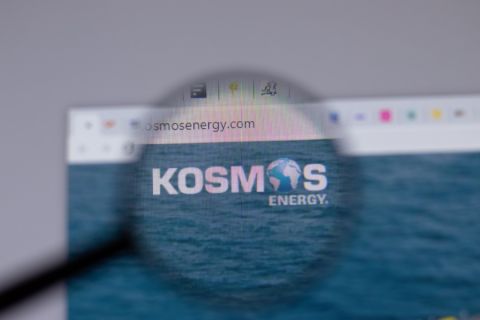Size certainly counts more on Wall Street today, as larger companies are consistently valued more than their smaller competitors. But with the right strategy, it is possible for smaller companies to overcome-and even take advantage of-their size and create value for shareholders. That was the message of Clarence Cazalot, president of Marathon Oil Co. , speaking recently to Independent Petroleum Association of America members, a group well acquainted with the challenges of competing with major oil companies such as Marathon. Of course, one way for a small company to monetize its truer value is to be bought by Marathon: the major oil is offering $19 a share for small-cap Denver-based producer Pennaco Energy Inc. The company's stock was less than $10 a year ago and trading at less than $15 prior to the acquisition news. Cazalot cites several ways smaller companies can create value: a concentration on the energy value chain; use of a unique exploration technology to find reserves; becoming a dominant regional player; and a focus on areas that are lightly inhabited by the competition An example of the first is Enron Corp.'s reinvention of the gas market. "[It] took the gas market and put it together and changed the size and scale needed to play the game," Cazalot says. Meanwhile, Anadarko Petroleum Corp. created a unique subsalt exploration program in the Gulf of Mexico, with great success. Spain's Repsol became a Latin American force when buying Argentina's YPF. And, TotalFinaElf has concentrated on areas where U.S. companies are prohibited from doing business. "The key is to develop a uniquely advantaged path," Cazalot says. What is Marathon's strategy? He believes the company can use its size to its advantage. For instance, it is possible for Marathon to grow its reserves in a year, a daunting task for an Exxon Mobil. "If your real focus is creating value, then a smaller size is actually advantageous," he said.
Recommended Reading
SilverBow Makes Horseshoe Lateral in Austin Chalk
2024-05-01 - SilverBow Resources’ 8,900-foot lateral was drilled in Live Oak County at the intersection of South Texas’ oil and condensate phases.
Petrobras Sending Nearly Half of Oil Exports to China
2024-04-30 - Conflict in the Middle East has enabled Brazil’s state-owned Petrobras to change the flow of its oil exports, with China being the primary beneficiary, followed by Europe.
Equinor Says EQT Asset Swap Upgrades International Portfolio
2024-04-30 - Equinor CFO Torgrim Reitan says the company’s recent U.S. asset swap with EQT Corp. was an example of the European company “high-grading” its international E&P portfolio.
E&P Highlights: April 29, 2024
2024-04-29 - Here’s a roundup of the latest E&P headlines, including a new contract award and drilling technology.
Kosmos Energy’s RBL Increased, Maturity Date Extended
2024-04-29 - Kosmos Energy’s reserve-based lending facility’s size has been increased by about 8% to $1.35 billion from $1.25 billion, with current commitments of approximately $1.2 billion.





